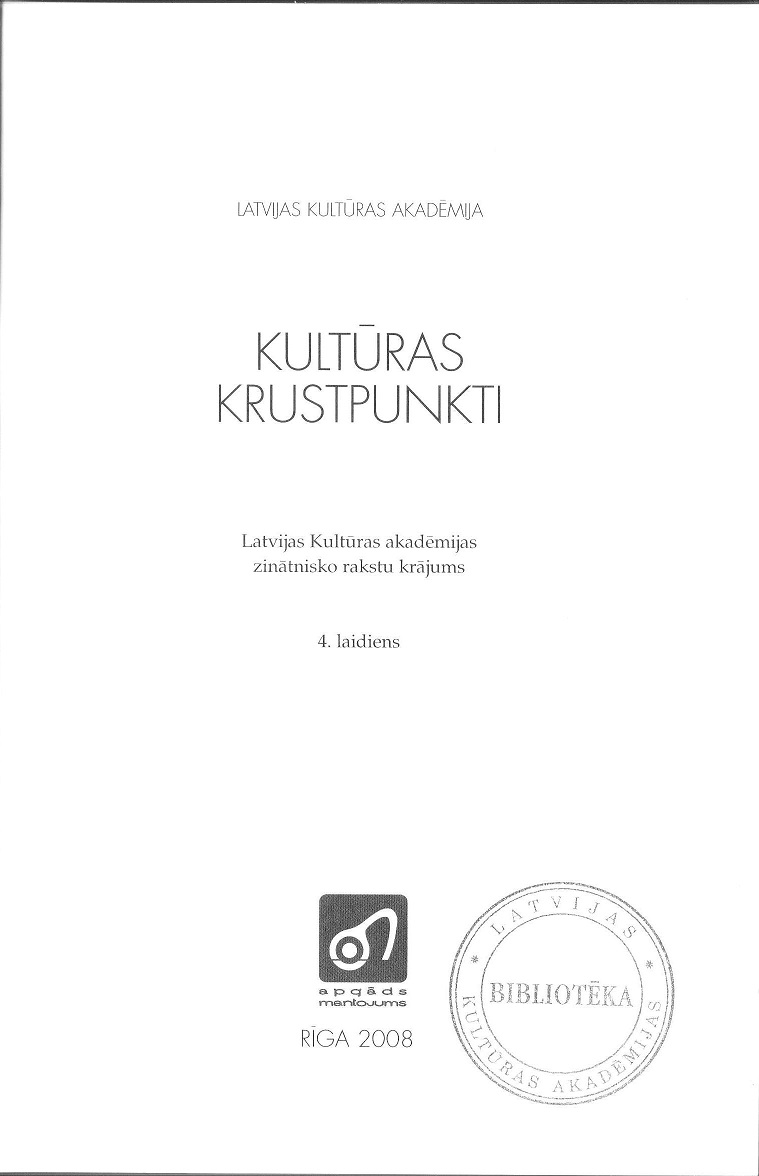Jesuit's Historiography in Early Modern Europe
Jesuit's Historiography in Early Modern Europe
Author(s): Moreno BondaSubject(s): Cultural history, Ethnohistory, Cultural Anthropology / Ethnology, Culture and social structure , Sociology of Culture
Published by: Latvijas Kultūras akadēmija
Keywords: Jeuits; Jesuit’s historiography; early modern Europe; social history;
Summary/Abstract: Many scholars assert that ecclesiastical historiography from the early modern age, formally humanistic but apparently medieval in content, is wel demonstrated by Jesuit historical works. However, all of their works including their historical texts, were, in fact, carried out ad maiorem De gloriam - to bring major glory to God exclusively. I assume that Jesuits and humanists shared much more than just attention to rhetorical aspects. From Antiquity, they received much more than just formal models. A deeper analysis of historical products could demonstrate the persistence of a humanistic method and, consequently, of classical concepts. The intention of my study is to investigate Jesuit historiography from the point of view of its actual production, trying to distinguish a connection between the humanistic method and the persistence of the concepts of classical antiquity. I will show that Jesuit historiographical works were closer to modern critical investigation than many of the worldly ones. The fact that they adopted the modern methods of critique only to be more influential on the cultured upper classes does not change the evaluation of their works. Consequently, my paper will focus mainly on Jesuit writings more than on their theoretical premises.
Journal: Culture Crossroads
- Issue Year: 4/2008
- Issue No: 1
- Page Range: 32-41
- Page Count: 10
- Language: English

